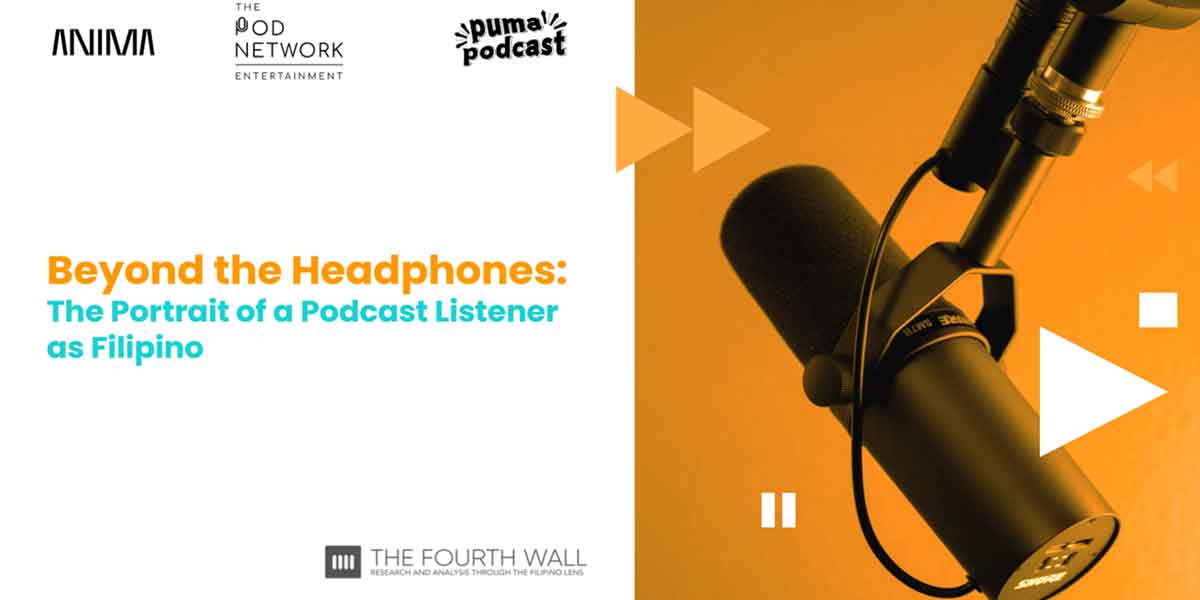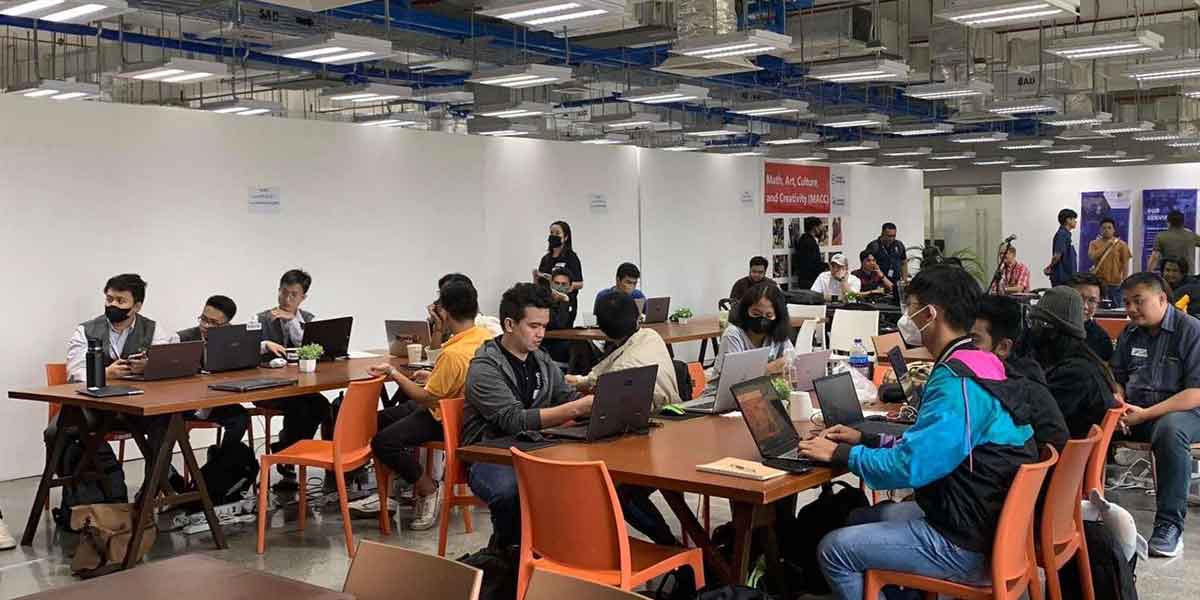 By Francis Allan L. Angelo
By Francis Allan L. Angelo
The anti-vaccine plot has a life of its own in the Philippines, according to a Substack newsletter I received from Democracy and Disinformation portal.
Funny because a predominantly Catholic country like the Philippines fell for the “falsehoods peddled online by U.S. evangelical Christian groups,” the report said,
Read the report for more nuance and context:
The Philippines has anti-vax conspiracy theorists too
June 12 this year was supposed to see a massive protest at Mendiola against government health protocols and the vaccination program that it is supposedly imposing on Filipinos — at least according to vaccine conspiracy theory posts on Facebook.
The rally did not materialize but beliefs that COVID-19 vaccines contain microchips or are part of a population control program continue to spread and are being spread by real people.
First Draft News, in a study on anti-vaccine disinformation in West Africa, notes that “harmful conspiracy theories initially popularized in North America have spread across borders, becoming a key feature of online vaccine conversations globally.”
Many anti-vaccine posts in the Philippines use terms like “plandemic”, “scamdemic”, “sheeple” and “red pill” in content that might as well have been copied from the US.
Conspiracy theories like QAnon may have trouble taking root in Southeast Asia but anti-vaccine propaganda has been a big factor in hesitancy across the region, according to a Bloomberg report, where the Philippines gets a special mention:
“A heavily Catholic country, the Philippines has been particularly vulnerable to falsehoods peddled online by U.S. evangelical Christian groups, which then filter across through church and family networks. Among many Facebook discussion groups focused on anti-vaccination theories trawled by Bloomberg News, one video in the local Filipino language claimed Covid shots will brand people with the ‘mark of the beast,’ alluding to the Antichrist in Christian eschatology. It got more than a thousand views.”
According to a Washington Post article in February on disinformation targeting religious groups, these may be more difficult to combat since debunking them may seem like an attack on someone’s beliefs.
Platforms are also hesitant to censor religious-themed posts and “draw a distinction between people expressing opinions or negative viewpoints about the coronavirus and people putting out misinformation about it.”
While the objections to vaccines may seem odd, “[t]he further we got into the pandemic, I realized, these are very widely held, and I was surprised by how many Christians and churches subscribe to this,” an epidemiologist interviewed for the article said.
Other anti-vaccine posts in some of the pages of the rabbit hole I fell into refer to the jabs as “kill shots” and the vaccine priority lists as “death lists” while others pose more reasonable objections.
That the vaccines — only granted emergency use authority — are experimental, for example, and that the government is forcing people to take them (President Rodrigo Duterte’s “order” to jail people who refuse the vaccine does not help).
Skepticism is not without basis, either. In West Africa, conspiracy theories about the virus are built on long-standing anti-vaccine narratives based partly on “centuries of systematic exploitation, exacerbated by recent historical incidents,” First Draft News said.
“In the 1990s, for example, the pharmaceutical giant Pfizer tested a drug on 200 Nigerian children without their informed consent during an epidemic of bacterial meningitis. And in Uganda, HIV-positive patients were unable to access treatments despite those treatments having been developed in the country. These horrific episodes of ‘medical colonialism’ have remained ingrained in the region’s collective psyche.”
Recent panic in the Philippines over the Dengvaxia vaccine — already shown to have affected trust in vaccines even before COVID-19 — has contributed to vaccine hesitancy that has also been made worse by doubts about Chinese-made Sinovac and shady dealings surrounding Sinopharm.
A pastor whom PBS News Hour interviewed about vaccine fears offers another view, that hesitation is not so much about religious beliefs:
“It’s instead about the mistrust and distrust that’s evident in American society right now. And, plus, I think some of it has to do with the fact that we have been isolated from one another in lots of ways for over a year. And much of the way that misinformation and disinformation gets combated is with people in conversation with one another.”
He said religious leaders can do their part by clarifying that vaccines are good and that (most) governments are not forcing people to take them. He said that hesitation “may be overcome…as people start to see their neighbors being vaccinated and to see the fact that this isn’t scary.”
People in the anti-vaccine, anti-lockdown pages on Facebook are planning another worldwide protest on July 24. Hopefully, more people will show up at vaccination centers in the Philippines than there.





















